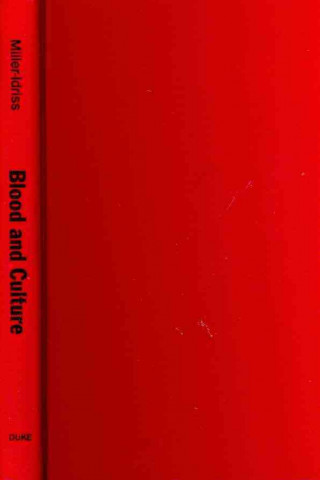
Kód: 04938992
Blood and Culture
Autor Cynthia Miller-Idriss
Over the past decade, immigration and globalization have significantly altered Europe's cultural and ethnic landscape, foregrounding questions of national belonging. In "Blood and Culture", Cynthia Miller-Idriss provides a rich et ... celý popis
- Jazyk:
 Angličtina
Angličtina - Vazba: Pevná
- Počet stran: 256
Nakladatelství: Duke University Press, 2009
- Více informací o knize

3375 Kč
Dostupnost:
50 % šance Máme informaci, že by titul mohl být dostupný. Na základě vaší objednávky se ho pokusíme do 6 týdnů zajistit.
Máme informaci, že by titul mohl být dostupný. Na základě vaší objednávky se ho pokusíme do 6 týdnů zajistit.Prohledáme celý svět
Mohlo by se vám také líbit
Dárkový poukaz: Radost zaručena
- Darujte poukaz v libovolné hodnotě a my se postaráme o zbytek.
- Poukaz se vztahuje na celou naši nabídku.
- Elektronický poukaz vytisknete z e-mailu a můžete ihned darovat.
- Platnost poukazu je 12 měsíců od data vystavení.
Informovat o naskladnění knihy
Zadejte do formuláře e-mailovou adresu a jakmile knihu naskladníme, zašleme vám o tom zprávu. Pohlídáme vše za vás.
Více informací o knize Blood and Culture
Nákupem získáte 338 bodů
 Anotace knihy
Anotace knihy
Over the past decade, immigration and globalization have significantly altered Europe's cultural and ethnic landscape, foregrounding questions of national belonging. In "Blood and Culture", Cynthia Miller-Idriss provides a rich ethnographic analysis of how patterns of national identity are constructed and transformed across generations. Drawing on research she conducted at German vocational schools between 1999 and 2004, Miller-Idriss examines how the working-class students and their middle-class, college-educated teachers wrestle with their different views about citizenship and national pride. The cultural and demographic trends in Germany are broadly indicative of those underway throughout Europe, yet the country's role in the Second World War and the Holocaust makes national identity, and particularly national pride, a difficult issue for Germans. Because the vocational-school teachers are mostly members of a generation that came of age in the 1960s and 1970s and hold their parents' generation responsible for National Socialism, many see national pride as symptomatic of fascist thinking. Their students, on the other hand, want to take pride in being German. Miller-Idriss describes a new understanding of national belonging emerging among German young people: one in which cultural assimilation takes precedence over blood or ethnic heritage. Moreover, she argues that teachers' well-intentioned, state-sanctioned efforts to counter nationalist pride often create a backlash, making radical right-wing groups more appealing to their students. Miller-Idriss argues that the state's efforts to shape national identity are always tempered and potentially transformed as each generation reacts to the official conception of what the nation 'ought' to be.
 Parametry knihy
Parametry knihy
Zařazení knihy Knihy v angličtině Society & social sciences Sociology & anthropology Anthropology
3375 Kč
- Plný název: Blood and Culture
- Podnázev: Youth, Right-Wing Extremism, and National Belonging in Contemporary Germany
- Autor: Cynthia Miller-Idriss
- Jazyk:
 Angličtina
Angličtina - Vazba: Pevná
- Počet stran: 256
- EAN: 9780822345275
- ISBN: 0822345277
- ID: 04938992
- Nakladatelství: Duke University Press
- Hmotnost: 499 g
- Rozměry: 229 × 155 × 20 mm
- Datum vydání: 25. August 2009
Oblíbené z jiného soudku
-

Revolt Against the Modern World
611 Kč -

Combatting Cult Mind Control
509 Kč -

Peoplewatching
464 Kč -

Chaos and Governance in the Modern World System
792 Kč -

Trickster Makes This World
303 Kč -

Utopia Of Rules
393 Kč -

Evolution of the Human Head
1743 Kč -

Continuum Concept
338 Kč -

Exercised
358 Kč -

Crisis of the Modern World
426 Kč -

Limits to Medicine
375 Kč -

Kill All Normies - Online culture wars from 4chan and Tumblr to Trump and the alt-right
315 Kč -
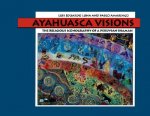
Ayahuasca Visions
814 Kč -
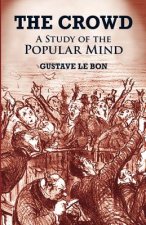
Crowd
266 Kč -
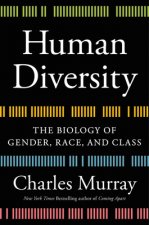
Human Diversity
951 Kč -
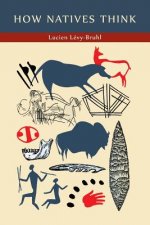
How Natives Think
555 Kč -

Bones of Contention
1254 Kč -

Exploration and Discovery - Treasures of the Yale Peabody Museum of Natural History
617 Kč -

War, Peace, and Human Nature
2085 Kč -

Homo Necans
1253 Kč -

Natural History of Human Morality
660 Kč -

School and Society
233 Kč -

Watching the English
316 Kč -

Consider The Lobster
286 Kč -

Totem and Taboo
183 Kč -

Face and Mask
1583 Kč -

Fragments of an Anarchist Anthropology
330 Kč -

Catching Fire
358 Kč -

Why Is Sex Fun?
276 Kč -

Designs for the Pluriverse
823 Kč -

Society Against the State
548 Kč -

Nordic Theory of Everything
306 Kč -
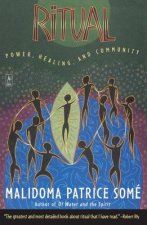
Ritual
302 Kč -

Protestant Ethic and Other Writings
410 Kč -

Five Roles of a Master Herder
419 Kč -

Human Story
357 Kč -

On Saudi Arabia
462 Kč -

Think Like an Anthropologist
303 Kč -

Small Places, Large Issues
569 Kč -

Great Paleolithic War
1503 Kč -

Cambridge Encyclopedia of Human Evolution
2062 Kč -
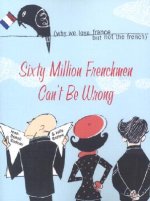
Sixty Million Frenchmen Can't Be Wrong
451 Kč -

Botany of Desire
410 Kč -

Stone Age Economics
574 Kč -

Possibilities
483 Kč -

On Kings
796 Kč -

Oxford Handbook of Language Evolution
1429 Kč -

Nature, Ritual, and Society in Japan's Ryukyu Islands
1942 Kč -

Introducing Anthropology
282 Kč
Osobní odběr Praha, Brno a 12903 dalších
Copyright ©2008-24 nejlevnejsi-knihy.cz Všechna práva vyhrazenaSoukromíCookies









 Vrácení do měsíce
Vrácení do měsíce 571 999 099 (8-15.30h)
571 999 099 (8-15.30h)